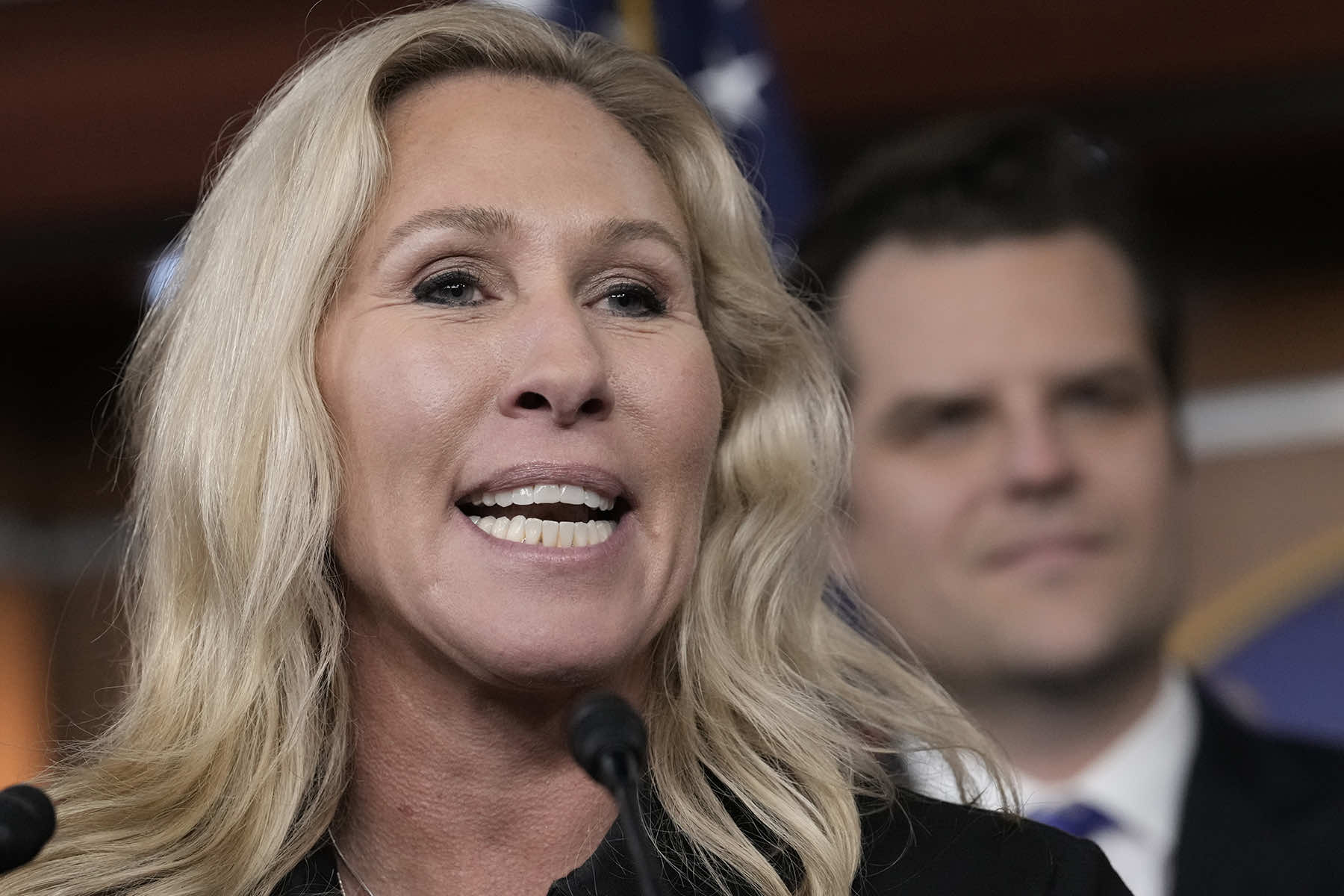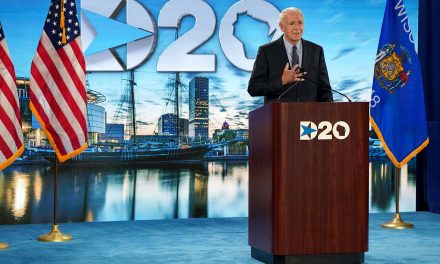
Leaders of the Group of Seven (G7) met virtually on December 12 and reiterated their staunch support for Ukraine in its war against Russian aggression.
The G7 is a political organization of the world’s most advanced economies and liberal democracies: Canada, France, Germany, Italy, Japan, the United Kingdom, and the United States. President Volodymyr Zelensky of Ukraine joined the meeting.
The leaders issued a statement saying they would continue to back Ukraine “for as long as it takes.” That means continued military support for Ukraine as well as continuing sanctions against Russia, especially Russian oil, and aid to countries, especially those in Africa, suffering from the shortages caused by the war.
They condemned Russia’s war crimes, including attacks on critical infrastructure, particularly energy and water facilities. They pledged to help civilians in Ukraine through the winter and promised to set up a donor program to funnel money to rebuild the country quickly.
But, they noted, Russia will have to pay to repair the damage it has done with its illegal war.
Also today, the foreign ministers of the European Union met in Brussels and pledged another 2 billion euros to Ukraine’s military support, signaling the E.U.’s continued support for Ukraine.
After reiterating their support for Ukraine, the G7 leaders reaffirmed their more general commitments to liberal democracy. They promised to take “urgent, ambitious, and inclusive climate action in this decade to limit global warming,” bolster biodiversity, realize gender equality, and improve “our capacity to prevent, prepare for and respond to future global health emergencies and to achieve universal health coverage.”
Taken together, the G7 and its international partners, the statement says, are demonstrating their resolve to work together to address both major systemic challenges and immediate crises. “Our commitments and actions,” they say, “pave the way for progress towards an equitable world…[and] a peaceful, prosperous, and sustainable future for all.”
Meanwhile, Russian president Vladimir Putin has canceled his traditional end-of-the-year news conference in which reporters can ask him questions on live television. Despite his tight control of the media, it appears he is unwilling to risk questions about the war or the suffering economy in front of an audience.
Democracy is at risk in the U.S. as well as in Ukraine, of course, and as we wait for the report of the House Select Committee to Investigate the January 6th Attack on the U.S. Capitol, there have been some revealing developments.
On December 10, at the annual gala of the New York Young Republican Club in New York City, whose attendees included a number of far-right figures, Representative Marjorie Taylor Greene (R-GA) deflected accusations that she and Trump ally Stephen Bannon were behind the events of January 6 by saying:
“I want to tell you something, if Steve Bannon and I had organized that, we would have won. Not to mention, it would’ve been armed.”
White House spokesperson Andrew Bates condemned the statement, saying:
“It goes against our fundamental values as a country for a Member of Congress to wish that the carnage of January 6th had been even worse, and to boast that she would have succeeded in an armed insurrection against the United States government.”
Greene then backed away from her statement, saying it was “sarcasm.”
We already know that Greene worked hard to get then – Georgia Senator Kelly Loeffler on board with the attempt to challenge the legitimate electors for Biden, attended meetings about the challenges, and — according to Cassidy Hutchinson, an aide to Trump’s chief of staff Mark Meadows — asked for a presidential pardon.
Greene’s downplaying her statement after criticism from the White House suggests she is getting nervous about her role in the attack on the Capitol, or at least trying to distance herself from it.
She is not the only one. Talking Points Memo began an explosive series covering texts to and from Meadows in the time around the 2020 election and its aftermath. These are texts Meadows voluntarily turned over to the January 6 committee, although we know they are not the entire catalog of communications because he stopped cooperating after an initial period.
The series, by Hunter Walker, Josh Kovensky, and Emine Yücel, examines texts not previously available to the public as well as some we have already seen. They show that 34 members of Congress wrote to Meadows as part of the attempt to install Trump back in the White House by counting out Biden’s legitimate electors.
The congress members identified in the texts include the ones we have come to expect to see leading the MAGA Republicans in the effort to steal the election: Senator Ted Cruz (R-TX), for example, Representative Jim Jordan (R-OH), and Representative Mo Brooks (R-AL), whom Trump advisor Jason Miller identified as “the ringleader on the Jan 6th deal.”
But those implicated either explained away their participation — unconvincingly — or refused to respond to inquiries from the Talking Points Memo reporters. Representative Brian Babin (R-TX) wrote to Meadows:
“Mark, When we lose Trump we lose our Republic. Fight like hell and find a way. We’re with you down here in Texas and refuse to live under a corrupt Marxist dictatorship. Liberty!” Babin did not respond to a request for comment. Neither did Representative Ralph Norman (R-SC), who wrote on January 17, three days before Biden’s inauguration: “Our LAST HOPE is invoking Marshall [sic] Law!! PLEASE URGE TO PRESIDENT TO DO SO!!”
MAGA Republicans have hitched their political identity to Trump, and his star is falling after his candidates did so poorly in the 2022 election.
On December 10 the executive committee of the Texas Republican Party voted 62–0 for a resolution calling for the replacement of Republican National Committee chair Ronna McDaniel, who has allied closely with Trump.
The former president is also in trouble as the investigation of the stolen national security documents proceeds. Today, Judge Aileen Cannon formally dismissed the special master she allowed Trump to claim, after the Eleventh Circuit decided she had no jurisdiction to take on the case. Philip Rotner in The Bulwark cut to the chase in the title of an article about the documents: “It’s Time to Indict Donald Trump.”
And then there is the January 6th investigation. Special counsel Jack Smith has sent a grand jury subpoena to Georgia secretary of state Brad Raffensperger. Smith took office just before Thanksgiving and has already sent requests for information to five states — all of which were 2020 battlegrounds – asking for any communications officials there had with Trump, his allies, and his campaign. The report of the January 6 committee is scheduled to go to the printer and soon be ready for the public.
J. Scott Applewhite (AP)
Letters from an Аmerican is a daily email newsletter written by Heather Cox Richardson, about the history behind today’s politics













